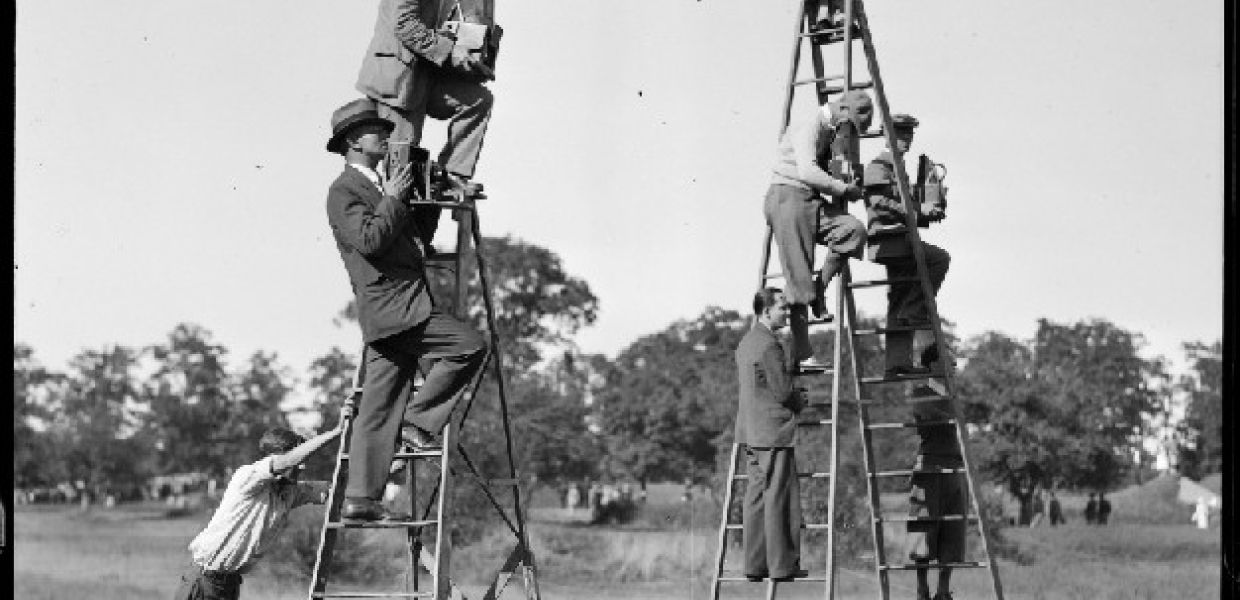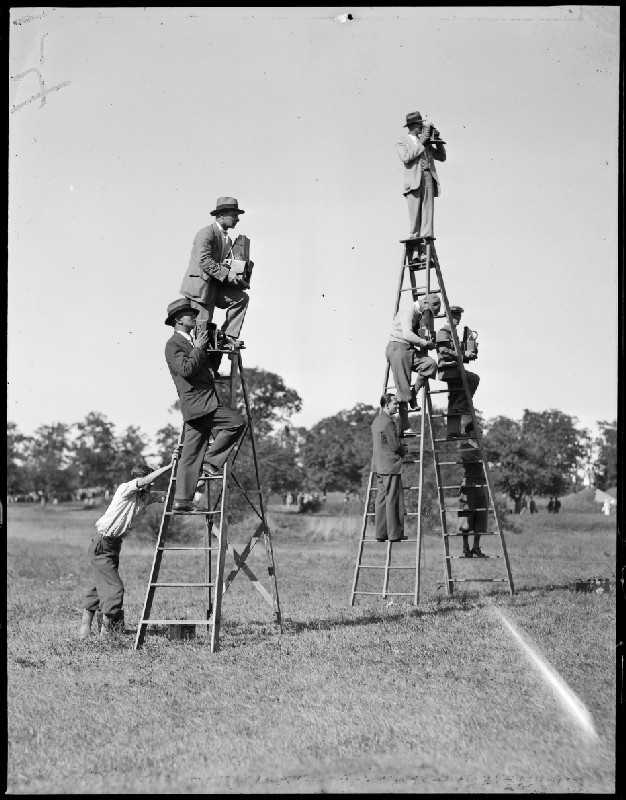The principles for establishing international and interoperable rights statements

In this post Paul Keller & Emily Gore, Co-Chairs of the International Rights Statement Working Group, describe the progress made by the group and share the first two white papers published by the group.
**Update** You now have until 10th July to share your comments on the White Papers
Over the past twelve months representatives from Europeana, the DPLA and Creative Commons have been exploring the possibilities for a collaborative approach to rights statements that can be used to communicate the copyright status of cultural objects published via our platforms. This work is close to the heart of both Europeana and the DPLA as we both seek to share clear and accurate information about copyright status with users.
While we operate under different copyright laws on either side of the Atlantic, we share many common issues. For some cultural organisations there are restrictions placed by the donor on the re-use of an object, for some, national or state laws create legislative restrictions and for some, organisations may only have permission to allow educational uses of objects in their collections.

Cameramen mount ladders at tournament in Rhode Island, 1931. Copyright Jones, Leslie, 1886-1967, CC BY-NC-ND.
These are just some of the copyright issues faced by organisations that contribute data to Europeana and the DPLA. In this cooperative effort, we have set out to build a flexible system of rights statements that allows our contributing partners to clearly communicate what users can or cannot do with the objects that are published via our platforms. This system further develops the approach taken by Europeana with the Europeana Licensing Framework making it more flexible and adapting it to the needs of institutions outside of the EU.
On behalf of the Working Group we are pleased to share with you today two White Papers that describe our recommendations for establishing a group of rights statements, and the enabling technical infrastructure. These recommendations include a proposal for a list of shared rights statement that both the DPLA and Europeana can use depending on the needs of our respective organisations.
Recommendations for standardized international rights statements
This paper describes the need for a common standardised approach. Based on the experience of both of our organisations, we have described the principles we think any international approach to providing standardized rights statements needs to meet. Together with this whitepaper we propose a list of twelve new rights statements that reflect the year long discussions of the Working Group.
In the coming weeks Europeana and the DPLA will reach out to our core stakeholders and ask for feedback directly. In the meantime, all interested parties are encouraged to please follow this link to share your thoughts and leave comments in the Rights Statement White Paper. After the end of this public feedback period on Friday 10th July (previously 26th June) 2015 we will incorporate the feedback and publish the results as a green paper that will be proposed for adoption by the DPLA, Europeana and other interested parties.
A proposal for a technical infrastructure
The existing Europeana Licensing Framework offers rights statements provided by third parties (the Creative Commons licenses and Public Domain Tools) and rights statements that are hosted on the Europeana portal. In order to ensure that the new rights statements can be used by institutions around the world we are proposing to host the new rights statements in their own namespace: rightsstatements.org.
In the coming weeks Mark Matienzo & Antoine Isaac, our leads for the technical work, will write more about the approach described in this paper. In the meantime you can follow this link to share your thoughts and leave comments in the Technical Infrastructure White Paper. After the end of this public feedback period on Friday 10th July (previously 26th June) 2015 we will incorporate the feedback and publish the results as a green paper that will be proposed for adoption by the DPLA, Europeana and other interested parties.
Still to come: a proposal for governance
In the summer we will share our final white paper which proposes an approach to managing these statements so that they are sustainable and managed by all stakeholders. As with the other two papers, we will incorporate the feedback that we receive into a green paper. Based on all three green papers, we will begin implementation of the new rights statements after the summer.


